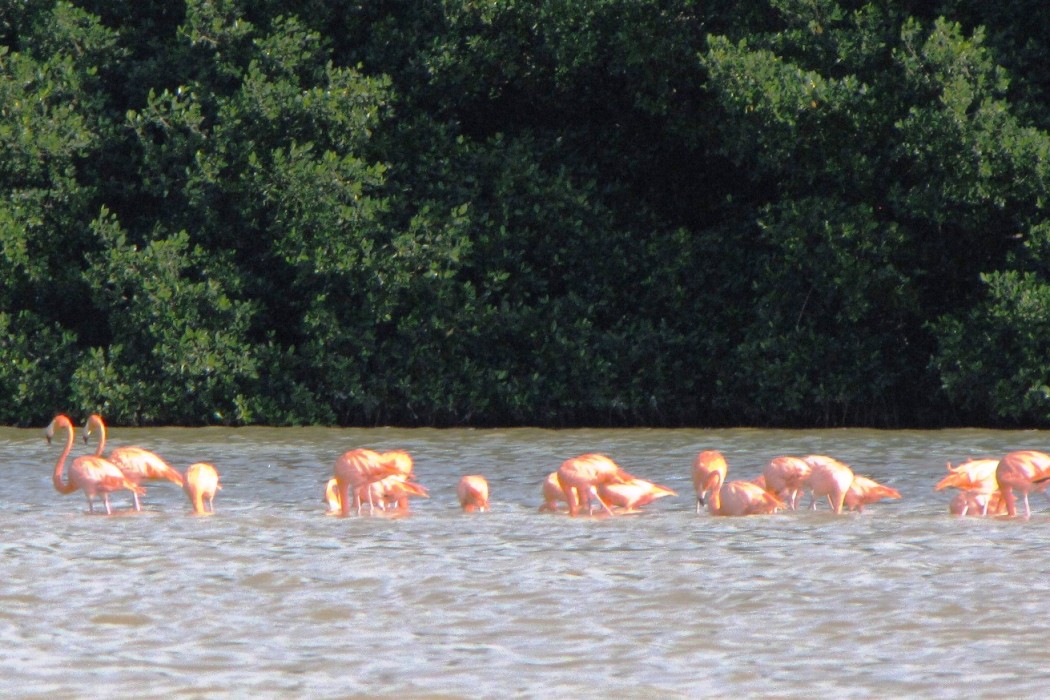Scientists at the University of Birmingham (UK) have developed tools to help restore vital eco-systems found in tropical mangrove forests around the world.
Hydrology experts at the University worked with counterparts in the Netherlands to test methods for measuring water levels in mangrove restoration projects. They then developed recommendations to help boost the likelihood of success for such projects.
The team, which included scientists from Wageningen University and Eijkelkamp Soil & Water conducted fieldwork in three mangrove regions in south-east Asia: Can Gio and Ca Mau, in Vietnam and Mahakam, in Indonesia.
Their research demonstrated that using local water level data in restoration projects is a potentially powerful tool to help reinstate valuable vegetation and trees. The team developed a restoration ‘toolkit’ of procedures that should help ecologists to get the most out of restoration projects.
University of Birmingham Water Science Lecturer Dr. Anne Van Loon said: “Mangrove restoration projects often fail because hydrological conditions are disregarded. We have developed a simple, but robust, toolkit to determine hydrological suitability for mangrove species and guide restoration practice. Mangrove forests are valuable coastal ecosystems in tropical coastal regions around the world, but increased pressures in these regions, such as logging, aquaculture and coastal development threaten their existence.”
Photo of mangroves and flamingos in Celestun, Mexico by Storm Cunningham.

